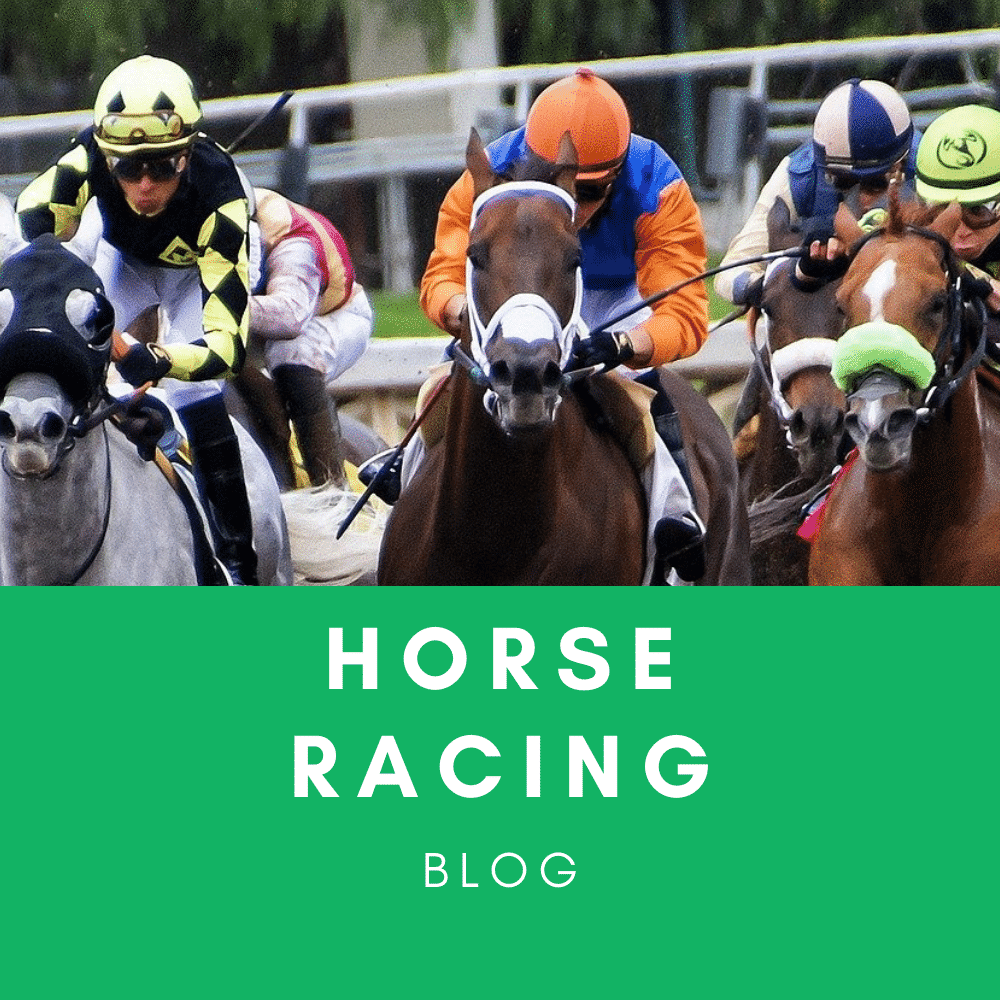Horse race breeds have an amazing effect at this festival…
The Cheltenham Festival is, without a doubt, the most intense and exciting event in the racing world. For four days, racegoers, owners, jockeys, and trainers live to the rhythm of the racehorses’ strides. 28 races are run, with the main event, the Cheltenham Gold Cup, a steeplechase race where 22 obstacles must be cleared over a distance of about 3 miles 2½ furlongs (3 miles 2 furlongs and 70 yards, or 5,294 m).
Knowing the breed of the Nap of the Day or the favorite’s may help you to make your choice when betting on Cheltenham festival horses. The race is open to horses from 5 years old. Let’s find out in this article which races the winners, which must combine strength and speed belong to.
National Hunt Horses
National Hunt horses are often bred for jumping, while others are former flat horses. National Hunt horses do not have to be Thoroughbreds. The most prized quality in any national hunt horse is its ability to jump, but such prowess is not necessarily hereditary.
Add this to the detail that proven jumping sires are in the minority and it becomes clear that most jumping breeders must rely on guesswork. Denman in 2008 and Long Run in 2011, winners of the Cheltenham Gold Cup, are National Hunt Horses.
Irish racehorse
The Irish race horse or sport horse has the desire, speed, and athletic ability of a Thoroughbred, combined with the calm and sensible temperament of the Irish Draught horse. They are durable and have stamina, which makes them desirable for use in a wide variety of equine activities.
Depending on size and origin, there are several types of these horses, generally characterized by their excellent jumping ability. With approximately 65,000 individuals worldwide in 2012, this breed is a well-distributed breed that is widely established outside of its native Ireland, both in Europe and North America. Imperial Call, is an Irish race that won the Cheltenham Gold Cup in 1996.
The most represented: the thoroughbred
It is the most common breed in the world of gallop and jump racing. The Thoroughbred is found all over the world, but the breed has its roots in England: All modern Thoroughbreds are descended from three founding stallions imported to England from the Middle East in the late 17th and early 18th centuries: Byerley Turk (1680), Darley Arabian (1704), and Godolphin Arabian (1729).
The Thoroughbred was gradually exported throughout the world, and non-native English horses gained international recognition by winning prestigious races. Among the Thoroughbreds that have won the Cheltenham Glod Cup are Native River in 2018, Sizing John in 2017, and Don Cossack in 2016, among others. Today, there are many lines of English thoroughbreds, especially in England, the United Kingdom, and France. It is not uncommon for a horse to be born in one country, trained in another, and for its owner not to reside in either country.
Does the breed matter?
In the racing world, the work of selection is immense. In the end, it is not the horse’s papers that are most important but the performance that its genetics could allow it to achieve. Yes, there are a lot of thoroughbreds, from many different origins, but it is not for nothing that the national breed horses or hunt horses are well represented: they are the result of selection and crossbreeding to obtain the best horses possible. Just as a horse with excellent origins may turn out to be bad at racing, too slow or reluctant. Even when all the factors of reproduction are carefully controlled, there is always a part of chance!
And after the racing career?
If Best Mate, a racehorse with French, British, and Irish origins won the Cheltenham Gold Cup in 2002, 2003, and 2004, some horses do not have such a long and brilliant career. The reformed racehorses, if the work of reconversion is well done, can prove to be outstanding partners for the amateur riders, whether they are thoroughbreds, Irish racehorses sport horses, or national racehorses.
Because of their genetics and their competitive mentality, they make excellent eventing horses: one example is Neville Bardos, ridden by Boyd Martin, who was crowned horse of the year in 2011: reformed from racing because he was considered too slow, this thoroughbred was sold for slaughter: in 2010 he placed honorably at the World Games in Lexington.



